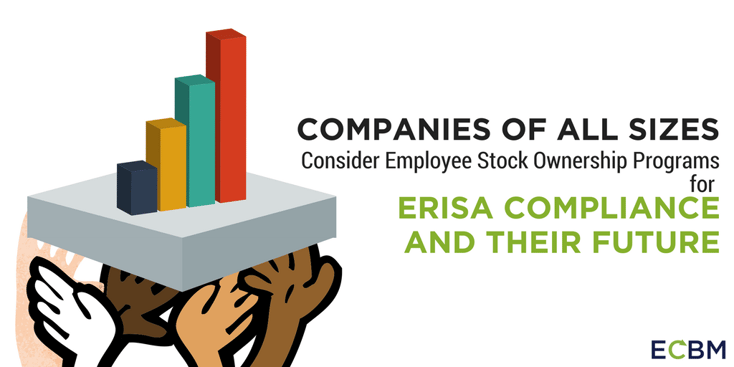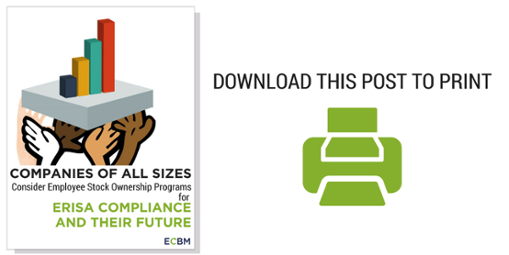
The Employee Retirement Income Security Act, more commonly known by its acronym ERISA, places a number of requirements on companies that seek to implement retirement plans for their employees. These requirements generally aim to ensure that such plans are managed in the best interests of the employees and that those managing such plans fulfill their duties as fiduciaries for those employees. Lawsuits under ERISA have targeted companies for failing to move away from high fee investment funds or failures to sufficiently diversify. Recently, a number of lawsuits have also targeted retirements plans using a slightly different focus: the acquisition and holding of company stock.
What Are The Benefits Of Company Stock Funds?
Company stock funds create a number of benefits as well as potential negative consequences for both companies and employees. Company stock funds keep employees invested in the success of the company, offer them room to grow their net worth along with the company’s growth, and create a consistent pool of consumers for the purchase of the company’s stock. However, it also minimizes the potential for diversification of an employee retirement plan, can create conflicts of interest for plan fiduciaries, and increases the potential for lawsuits in the event a company’s stock suffers a significant decrease in value.
Offering A Diverse Retirement Plan With ESOP
Many company stock funds have governing documents designating them as such and requiring that a certain percentage of the fund stay in securities issued by the employer. ERISA does allow for employee stock ownership programs (ESOP) as part of a 401(k) offering. This offers limited but not complete protection from ERISA’s general requirements for a diverse retirement plan. Fiduciaries must generally follow a general prudence rule when making determinations regarding the sale or acquisition of stock in a company stock fund, which can create a conflict when governing documents require investment at a certain level but a company’s stock is dropping quickly.
Fiduciary Responsibility and ESOPs
Traditionally, courts have reviewed the actions of fiduciaries in these situations under an abuse of discretion standard. Recently, cases out of several federal circuit courts have questioned the presumptions afforded to a fiduciary under this abuse of discretion standard, while failing to articulate a clear standard for application in these cases. Some cases have gone so far as to hold that . Courts have looked at a wide variety of potential facts in determining these cases, focusing both on the reason for the decline of a particular company stock (with a specific eye towards whether some measure of fraud was involved) and the specific language of a company’s ESOP. ESOPs that use more permissive language place greater prudence standards on their fiduciaries.
Ultimately, plan fiduciaries for ESOPs need to pay careful attention to these decisions as they develop in various jurisdictions and manage their plans accordingly. ERISA lawsuits are quite costly both to litigate and to lose. Fiduciaries should take all prudent steps not just to manage these plans well but to avoid the litigation that comes with a failure to do so.


